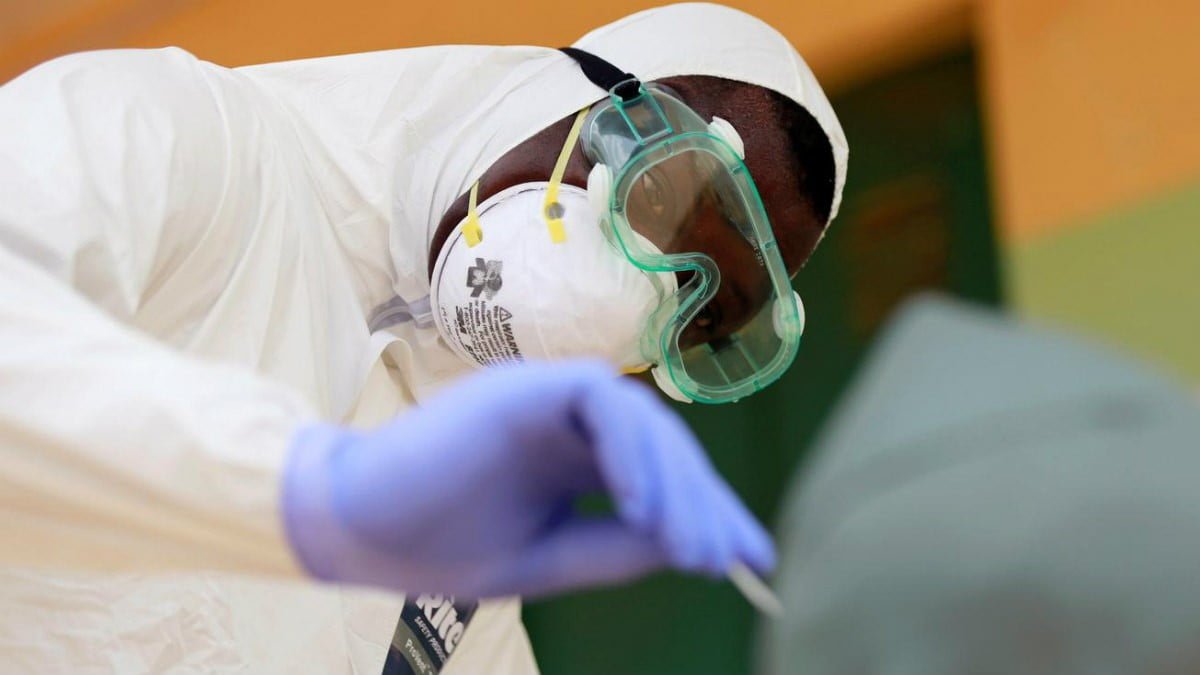The Federal Government has called for equal access to COVID-19 vaccines and tools, including detection and treatment to address the challenges of the virus in Nigeria.
The Minister of Health, Dr Osagie Ehanire, made this known during an online media briefing with the World Health Organisation (WHO).
He said Nigeria would continue to suffer the devastating impact of this pandemic if the global inequitable rollout of vaccines was not addressed.
“Therefore, we call on richer countries to share doses now with us, through existing mechanisms such as COVAX and the African Vaccine Acquisition Task Team (AVATT) managed by the Africa CDC,” Ehanire said.
He said the major challenges faced by the country were weak health systems and the inequity in distribution or COVID-19 response tools.
He lauded the recent attention to the distribution of vaccines and urged high income countries to do more to support low-and-middle-income countries.
Ehanire said Nigeria received over four million AstraZeneca doses from the COVAX facility and the government of India and started deployment early in line with the WHO recommendations for Health workers and vulnerable populations.
He said the vaccination implementing agency had vast experience from the recently concluded Polio eradication campaign, using ICT tools for a smooth roll out.
According to him, infrastructure, especially cold chain, and precise distribution plan were ready before the arrival of the vaccines.
Ehanire said: “We have expended all vaccines, with 126 per cent of target population of just over two million people receiving first dose and 70 per cent receiving two doses.
“Less than two per cent of target 112 million population has been reached, to reach herd immunity of 70 per cent.
Related Articles
“Like other countries across the world, Nigeria has continued to respond to the COVID-19 pandemic in the last 17 months.”
Ehanire said Nigeria received the highest priority from the government, with a Presidential Steering Committee leading the multi-sectoral response.
According to him, the ministry and its agencies such as Nigeria Centre for Disease Control and National Primary Health Care Development Agency (NPHCDA) led the health sector response.
He, however, said the country had begun to see a pandemic of two tracks where the Delta variant was tearing through unvaccinated populations.
“We witnessed the unfortunate surge in cases in India a few months ago and a similar surge is now being seen in most African countries.
“In Nigeria, the Delta variant was first detected two weeks ago, and we have begun to see an increase in the number of new cases,” Ehanire said.
The minister said the country was grateful to the COVAX Facility led by WHO, CEPI, GAVI and UNICEF, who had so far delivered 3.9 million vaccine doses to Nigeria.
He said the country was also grateful for the doses it received from the African Union through the Africa Centre for Disease Control.
“However, there is no doubt that we in Nigeria and most other African countries continue to suffer from the gross inequity in global vaccine access.
“The most at-risk are health workers, older populations and those with underlying conditions are unprotected in lower income countries, while richer countries are vaccinating those much less at risk and procuring booster shots,” he said.
Ehanire said the country was grateful for the rapid investments that enabled the development of COVID-19 Vaccines.








